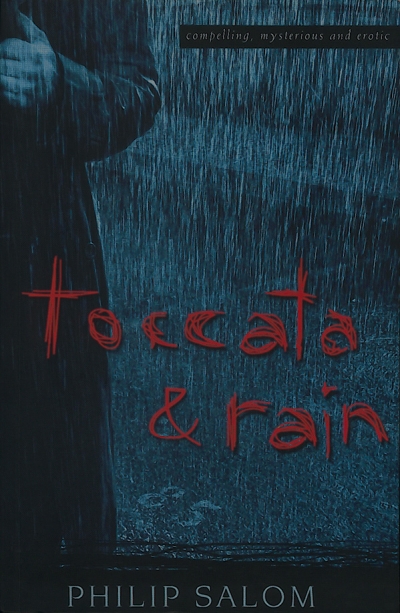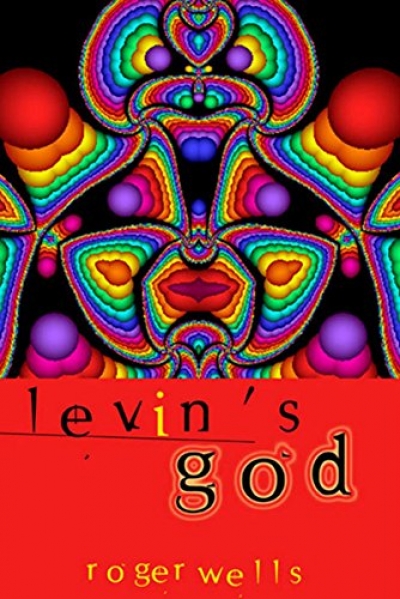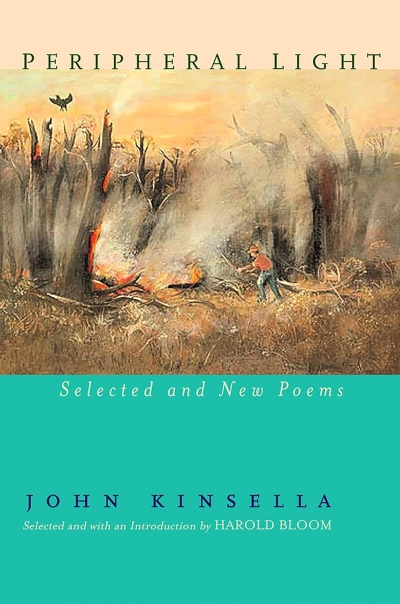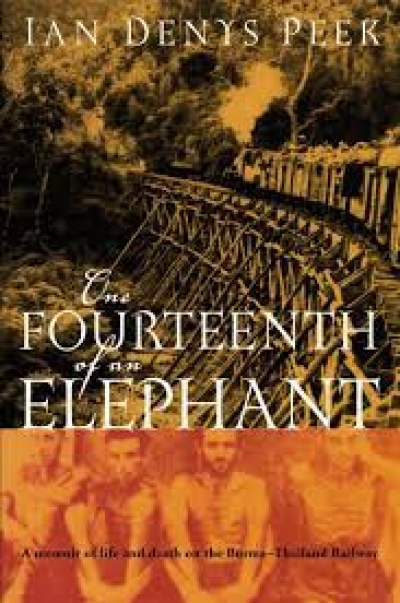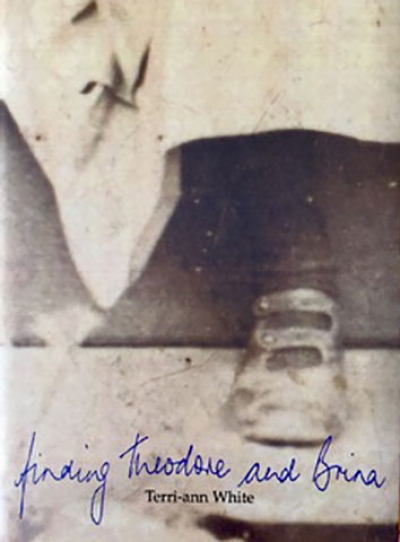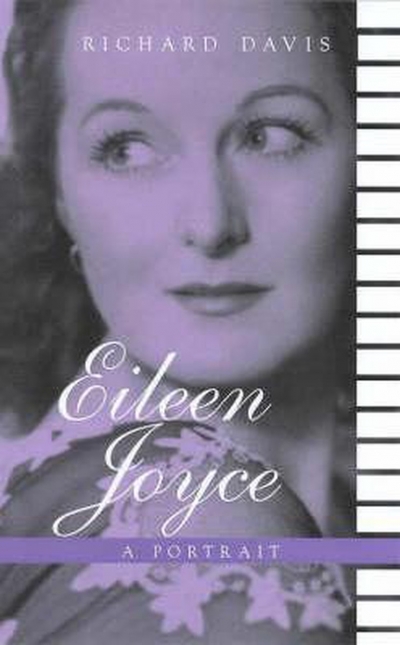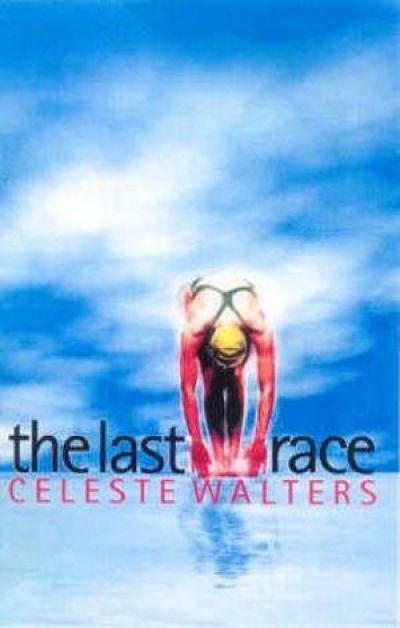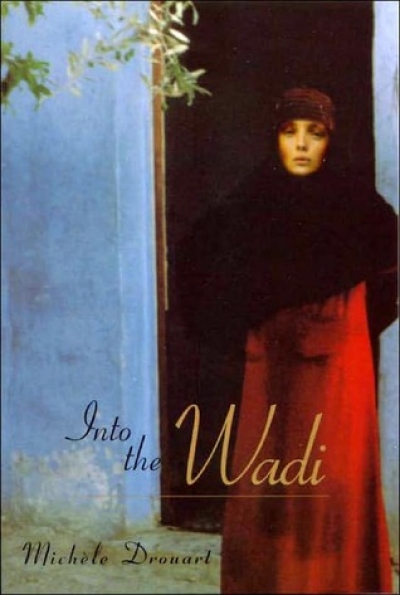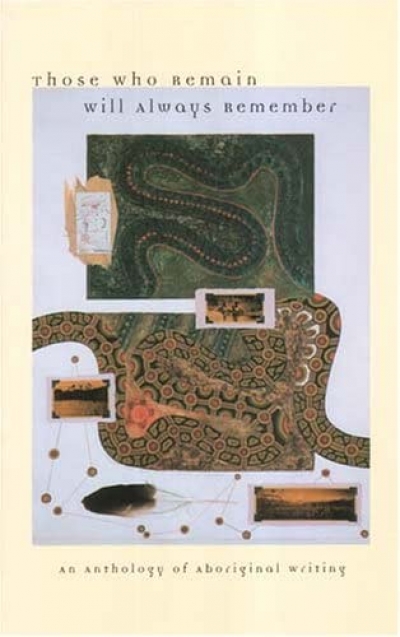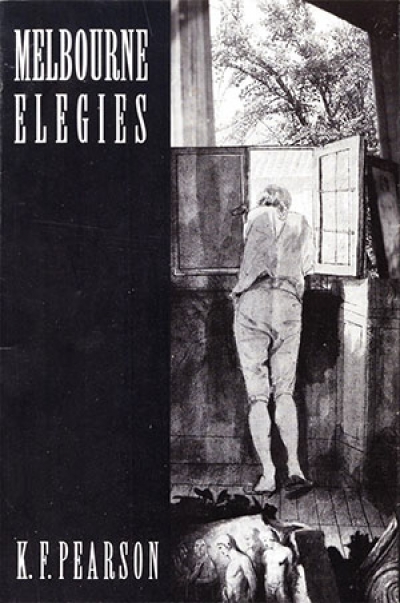Philip Salom’s poetry has won many awards since his first collection, The Silent Piano, was published in 1980. His poems range widely and have often included fantastical elements, most notably in Sky Poems (1987). The opening of Sky Poems enjoins the reader to ‘Throw out the world’s laws’, promising: ‘Anything you wish, possibly more!’ Such poetry seems to proceed from the assumption that fiction can, after all, be stranger than truth. And, despite its variousness, Salom’s work often returns to certain kinds of strangeness.
His second book, The Projectionist (1983), is a kind of proto-novel constructed as a collection of poetry. It is impossible to summarise this book neatly, but it foregrounds the sensibility of a character called Mr Benchley, a retired film projectionist whose ‘reality’ is partly filmic. In this work, Salom investigates the elusiveness of human experience and reflects on how experience may be represented suggestively through audiovisual technology. He writes in one poem, ‘This playback of life’s feeding / every thread of the rough cocoon’ – the ‘cocoon’, among other things, being the self-reflexive activity of a lonely life.
Playback (1991) became the title of Salom’s first novel, recently reissued. The main protagonist is a male oral historian and folklorist living as a visitor in a country town. At the core of Playback is a mystery centred on a possible, and unsolved, crime, along with the erotic charge of an adulterous relationship between the oral historian and an artist. The novel progresses by counterpointing the past – captured in a growing, if precarious, store of taped oral histories – with the historian’s evolving and increasingly destabilised present. The dynamic is fairly merciless. Various forms of disintegration occur; the novel’s conclusion answers some key questions but leaves others unresolved. In both The Projectionist and Playback, people are shown never to be free of their pasts, even though they remember their lives poorly. They are depicted as often creating themselves and their fantasies on the ground of their own forgetting.
...
(read more)

